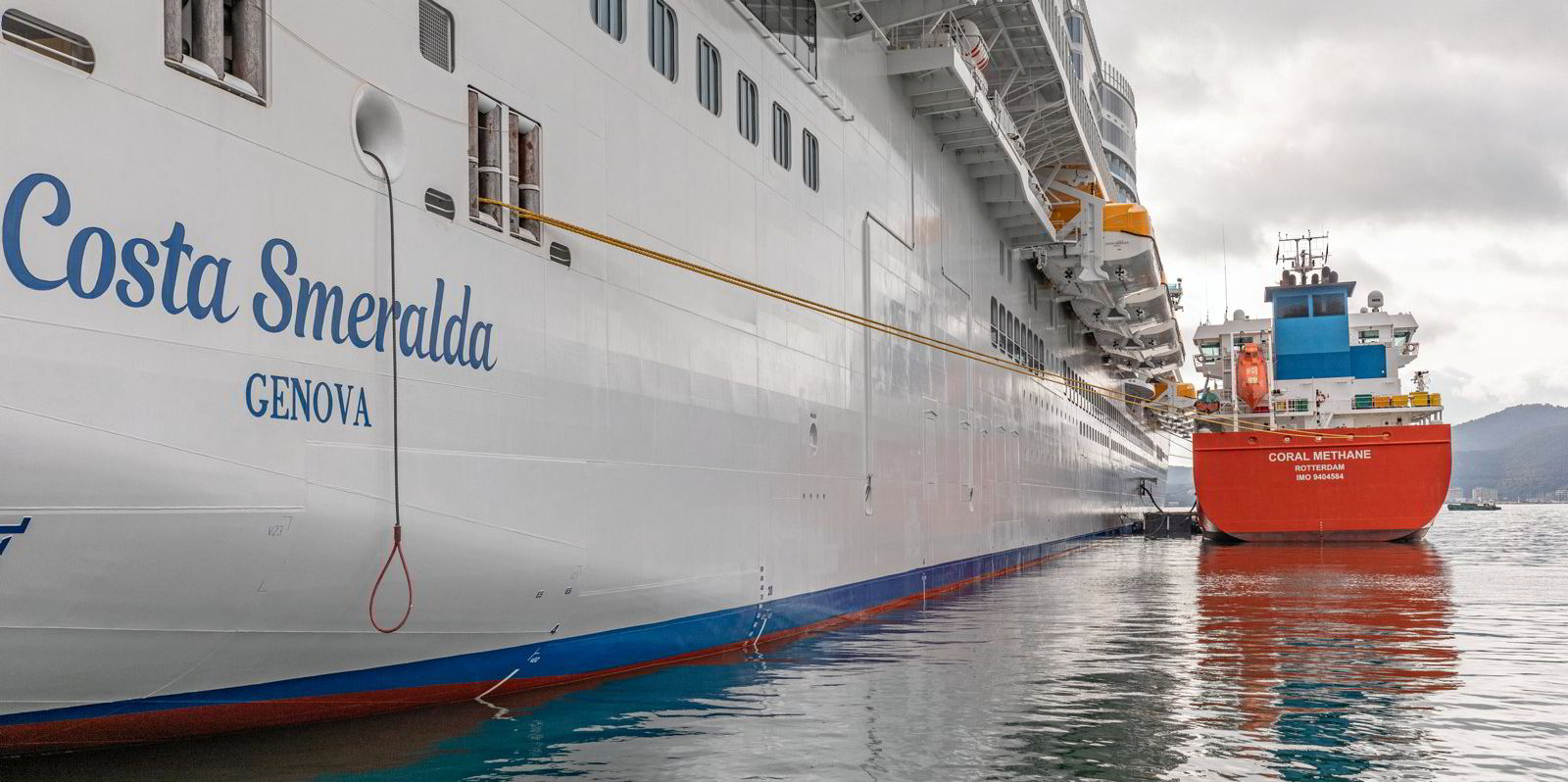The US Federal Maritime Commission has handed a victory to liner giant MSC Mediterranean Shipping Company in a first-of-its-kind dispute over congestion charges.
The Swiss container carrier had been battling a so-called charge complaint lodged by the FMC’s Office of Enforcement, the first case such after the regulator was granted new powers to probe detention and demurrage fees.
The case was initiated by a complaint from SOFi Paper Products, which claimed that a $1,000 congestion surcharge may have been a violation of US law because MSC failed to provide reasonable justification for the fee.
A majority of commissioners dismissed the complaint, ruling that the surcharge was not a violation of provisions of the Shipping Act.
The panel’s majority, led by chairman Daniel Maffei, rejected that the congestion charge represented an unjust and unreasonable detention-and-demurrage charge.
That is because it was not a detention and demurrage charge at all, the commission found. Such charges are levied when cargoes remains at a terminal after a period of time in which they are allowed to stay there for free.
“It does not appear, however, that the assessment of the congestion surcharge depended on the expiration of any free time. Nor does it appear that the amount of the congestion surcharge depended on any period of use,” the majority wrote.
“The congestion surcharge appears to be assessed equally to all customers regardless of free time and length of use of land or containers. Rather than specific use of land or containers, it appears that the congestion surcharge was assessed for each container with respect to the overall flow of transportation.”
The commissioners also ruled that there was insufficient evidence to show that MSC violated rules that prohibit practices that are not “just and reasonable” when handling customers’ property.
The Office of Enforcement had alleged that it is unreasonable to fail to provide information about what may trigger a fee.
“MSC is under no legal obligation to justify the congestion surcharge any more [than] it is required to justify other surcharges, such as fuel surcharges, bill of lading surcharges, hazardous goods charges, overweight cargo surcharges, or other charges,” the Swiss liner operator responded, according to the FMC ruling.
TradeWinds call to SOFI for comment on the decision rang unanswered.
While four of five commissioners agreed with the dismissal of the case, commissioner Max Vekish disagreed with the finding that the MSC charge did not violate property handling rules.
He wrote that MSC’s congestion surcharge was “neither clear nor definite” and should be found in violation of US shipping law.
“The majority’s focus on whether the record contained sufficient evidence of congestion in the port of unloading, or elsewhere, is misplaced,” he wrote.
“No matter the answer, under the tariff rule, the charge would still apply. I don’t believe a tariff rule that allows implementation of a congestion charge without sufficiently identifying the degree of congestion warranting the charge is clear and definite, or, for that matter, reasonable.”






